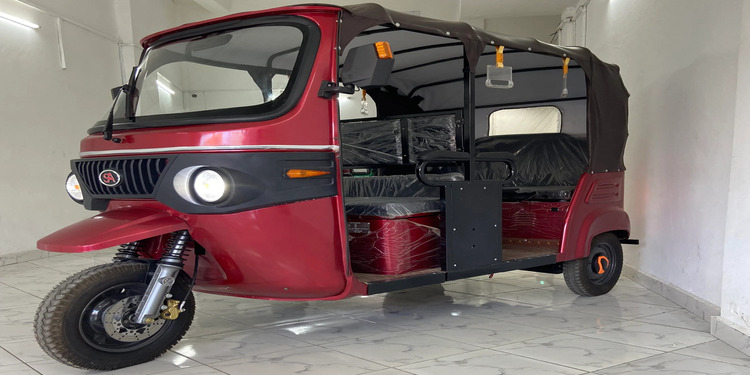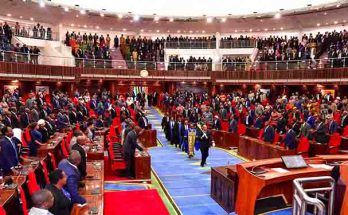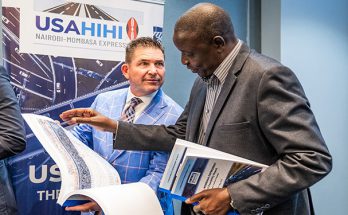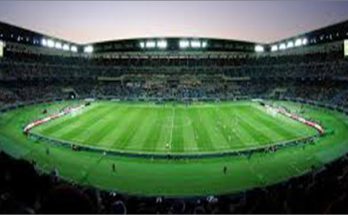
Kenya’s electric 2-wheeler business has received a lot of interest. There are more than 15 startups in the field at various phases of development. Several of them are now scaling up their operations after years of trial initiatives. With the vast potential market for electrification, the focus on this category is understandable considering the 285,203 ICE bikes registered in Kenya in 2021.
The 3-wheeler market is another important area in Kenya’s transport industry for the mobility of people and commodities. Tuk-tuks are a popular mode of transportation in Kenya, particularly along the coast in cities such as Diani, Mombasa, Kilifi, Watamu, and Malindi. The thousands of tuk-tuks driving in these areas make a lot of noise.
Solutions Africa, located in Mombasa, is attempting to accelerate the transition of Kenya’s tuk-tuk sector to electric vehicles. Solutions Africa LTD, which was launched in December 2021, intends to address a market vacuum by introducing electric 3-wheelers in the area.
Solutions Africa buys totally knocked-down kits and then works with Associated Vehicle Assemblers (AVA) in Mombasa to build the cars. Kenya encourages local assembly of cars supplied as completely knocked-down kits by exempting them from import customs and taxes. VAT is the only tax that applies. Solutions Africa has taken use of this to guarantee that its electric tuk-tuks are comparable in terms of initial purchase pricing with regular ICE tuk-tuks.
Fully constructed imports would be much more expensive on the market and would be less competitive with their ICE counterparts. To guarantee that its electric tuk-tuks remain competitively priced, the initial generation has lead acid batteries. This was a calculated strategy to enter the market at near to parity with ICE counterparts, while lithium-ion versions would cost between $2,000 and $3,000 more. In a business with razor-thin margins, operators would be hesitant to pay $2,000 more up front.
Solutions Africa is trying to launch versions equipped with lithium-ion batteries when their cost decreases. Although working with partners to develop a battery upgrade programme to lithium-ion once the present lead acid versions approach the end of their useful lives, the business is now assuring clients that their lead acid batteries will last at least three years.
Solutions Africa now owns, runs, and manages the fleet of electric tuk-tuks that it launched in Mombasa. Solutions Africa presently charges the tuk-tuks directly because to the weight and bulkiness of the lead acid batteries, but is working on a battery switch model for when they offer the lighter and simpler to change lithium-ion choices. The lead acid batteries in the tuk-tuks require 6 to 8 hours to completely charge.
Solutions Africa is also collaborating with major stakeholders in Kenya’s 2- and 3-wheeler finance market to provide operators with flexible payment arrangements and minimise obstacles to adoption.



